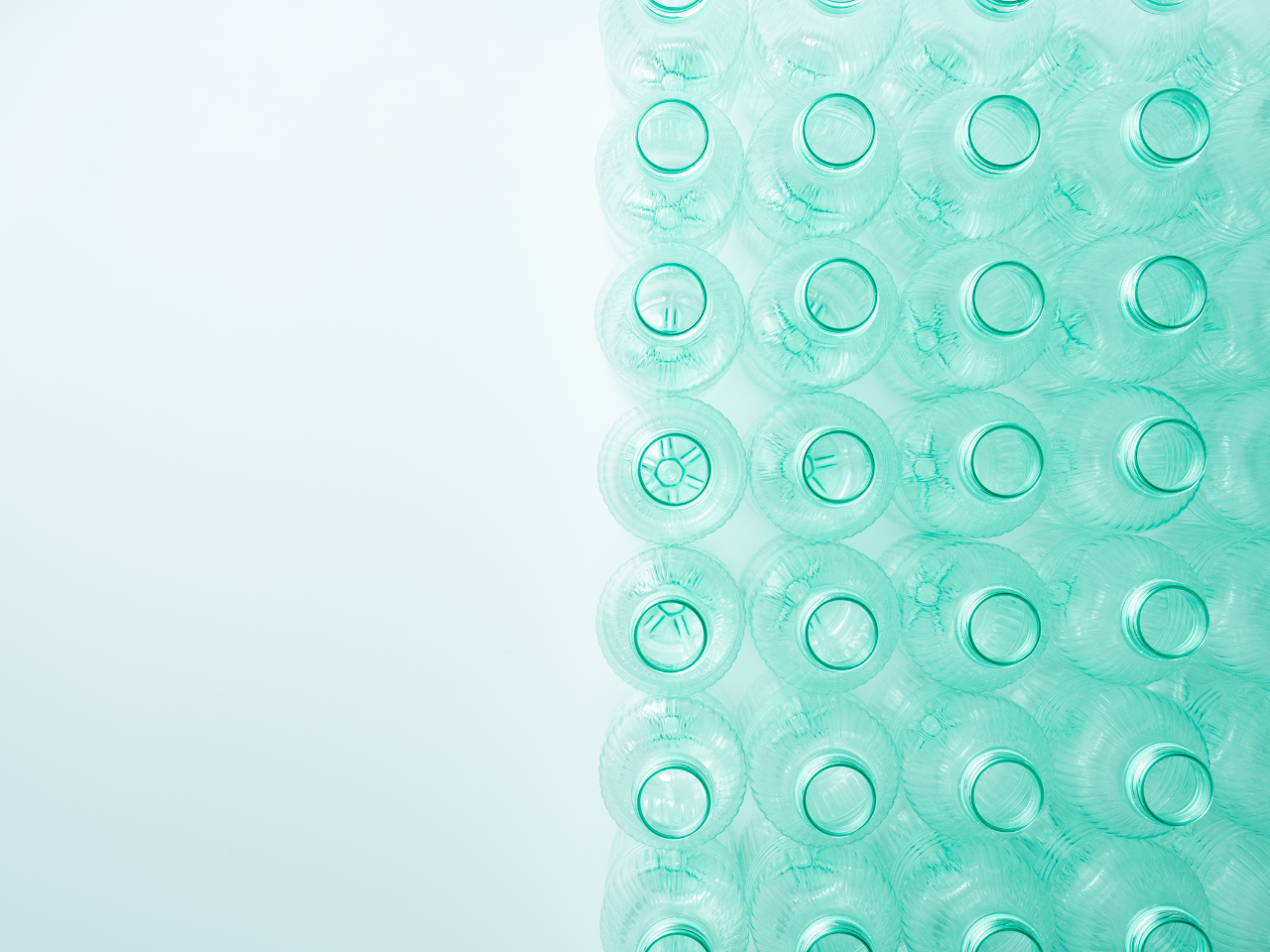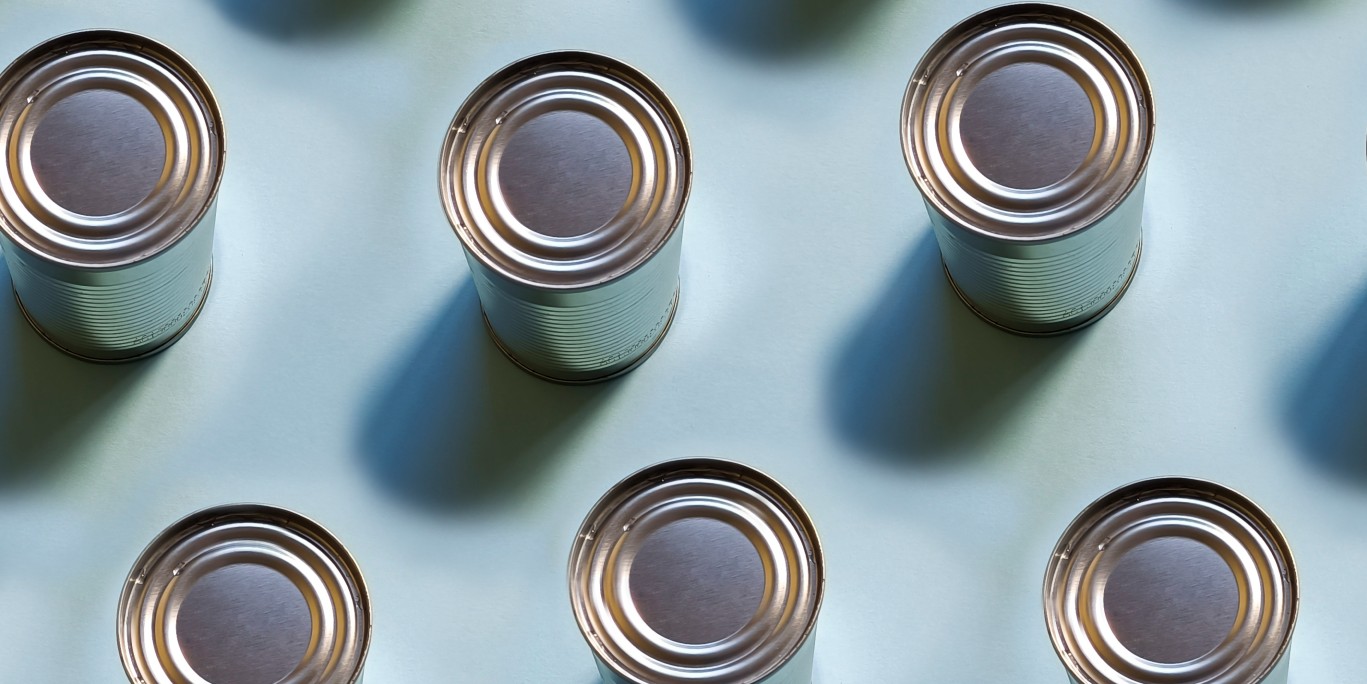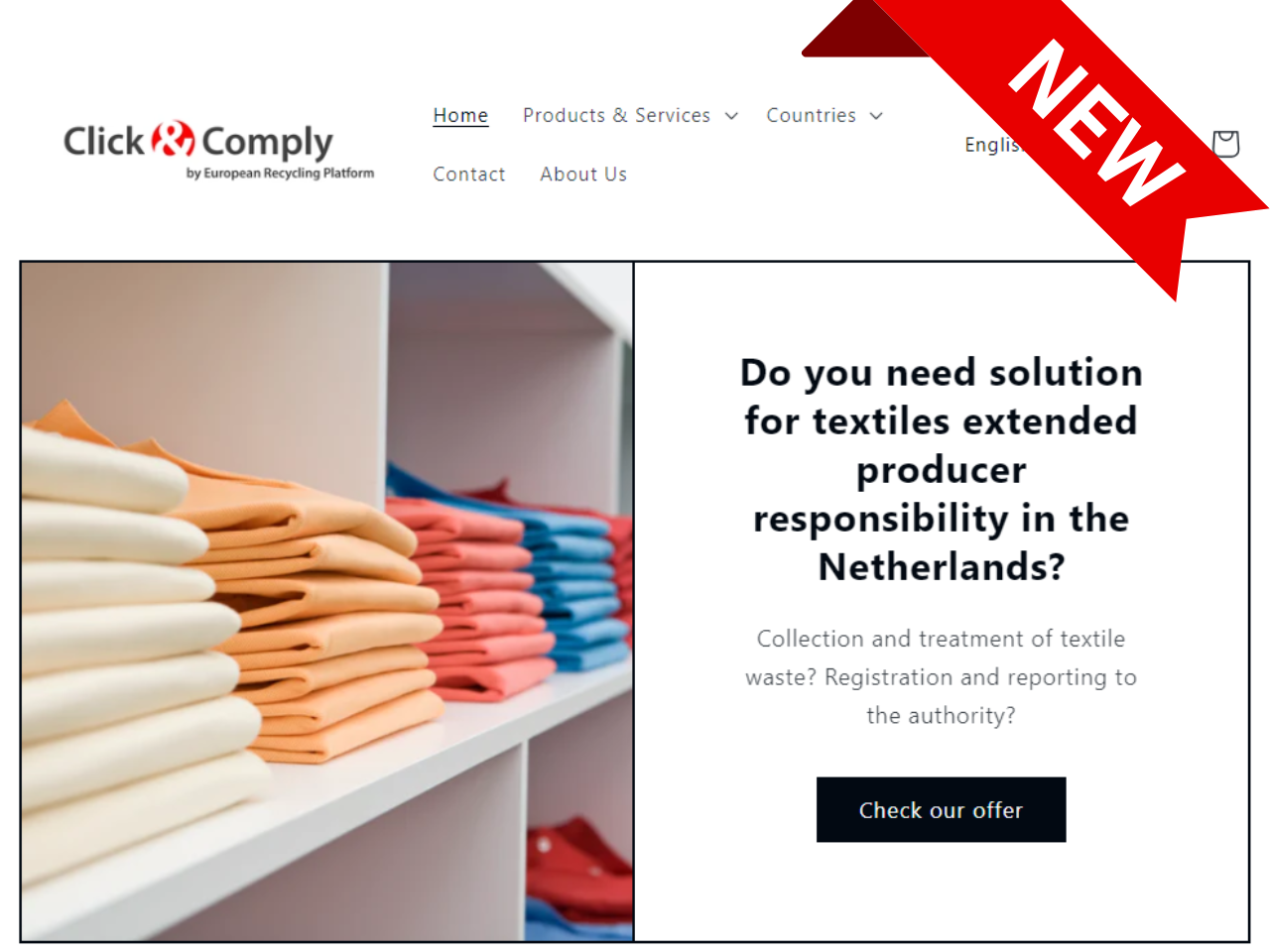What are the latest developments? We’ve picked out some highlights for May 2024:
PPWR: plenary update
Waste Shipment Regulation: revision adopted
Microplastics: ENVI adopts position
Plastic tax: postponed in Germany
PPWR: plenary update
On 24 April, the European Parliament adopted the Packaging and Packaging Waste Regulation (PPWR) with 476 votes in favour, 129 against and 24 abstentions.
The PPWR aims to tackle the steady growth of packaging waste, harmonise internal market rules and promote the circular economy.
In particular, the regulation sets Member States packaging reduction targets of 5% by 2030, 10% by 2035 and 15% by 2040, plus dedicated reuse targets for certain types of packaging.
Single-use plastic
It also bans more types of single-use plastic packaging from 1 January 2030, building on existing bans on certain items.
Product categories affected by the new rules include packaging for:
- unprocessed fresh fruit and vegetables
- food and drink filled and consumed in cafes and restaurants
- individual portions
- miniature packaging for toiletries, and
- very light plastic carrier bags
Other measures
Excessive packaging will be addressed by “maximum empty space ratios” and the PPWR also bans per- and polyfluorinated alkyl substances (PFAS) above a certain threshold in food contact packaging.
Moreover, the PPWR will introduce recyclability grades requiring packaging to meet minimum standards.
The criteria start with the “theoretical” recyclability of the packaging, followed by a new requirement for it to be “recycled at scale” – this means the packaging is only recyclable when the design corresponds with the actual recycling infrastructure and it can be recycled at scale.
To generate market demand for the recyclates produced, a minimum recycled content in plastic parts of packaging will also be required by 2030.
Next steps
Following the adoption of the preliminary agreement by the European Parliament, a legal and linguistic check is now taking place, which the new Parliament will need to adopt as Corrigendum, followed by the approval of the Council before the PPWR can enter into force.
Given the European elections in June, publication of the PPWR in the EU’s Official Journal is not therefore expected until late 2024.
For more information on the PPWR, please register for our free webinar here.
Waste Shipment Regulation: revision adopted
On 25 March, the EU Council adopted the revision of the Regulation on Shipments of Waste. The Council and the Parliament had reached a provisional agreement on the regulation during the trilogue negotiations, and the the Parliament adopted the agreement on 27 February.
The Regulation lays out rules to ensure that waste is only sent to destinations where proper and environmentally sound treatment is ensured; waste cannot be sent to non-OECD countries unless the receiving country indicates its willingness to import and demonstrates its ability to properly manage the waste.
To support this process, independent bodies will audit the importing countries, and the Commission will introduce a monitoring mechanism.
The adoption by Council closes the legislative procedure. The Regulation will now enter into force on 20 May 2024.
Microplastics: ENVI adopts position
On 19 March, the European Parliament’s Environment and Public Health Committee (ENVI) adopted its position on the Proposal for a Regulation aimed at preventing pellet losses to reduce microplastic pollution.
ENVI members voted on the report by MEP Joāo Albuquerque with 71 votes in favour, 5 against and 1 abstention.
The text amended the Commission’s original proposal in several respects, including:
- adapting the definition of plastic pellets to include powders, cylinders, beads and flakes
- extending the scope of the regulation to include the transport of plastic pallets, regardless of the mode of transport
- introducing additional measures for maritime and inland waterway transport, and
- introducing additional labelling requirements for storage and transport containers containing plastic pellets, including a specific pictogram and information relating to their potential environmental hazard
The new Parliament will take up the dossier after the European elections and enter trilogue negotiations later this year.
Plastic tax: postponed in Germany
The federal budget was hotly debated at the end of 2023. Now, the coalition leaders in Germany have agreed on changes to the plastic tax, which was previously paid to the EU from tax revenue and was to be replaced by a levy on polluters from 2025.
However, according to statements by Federal Finance Minister, Christian Lindner, the plastic tax will now be postponed and not implemented as planned on 1 January 2025.
The reason for the postponement is that the law will not be ready in time and problems exist with data collection and the subsequent bureaucratic effort.
The Federal Chancellery, the Federal Ministry of the Environment and Consumer Protection and the Federal Ministry of Finance are currently discussing solutions and implementation options.
The EU plastic levy will therefore continue to be paid from state coffers and not by polluters.
The levy is estimated at 80 cents per kilogram of plastic packaging waste, which results in an annual transfer of 1.4 billion euros to the EU.
Sign up for our monthly
report COMPASS here:
Your email











